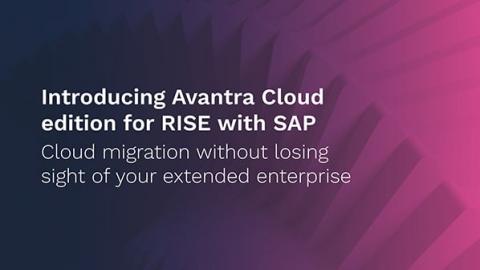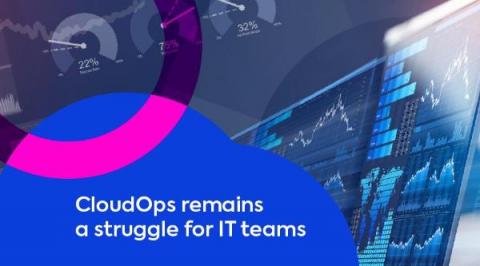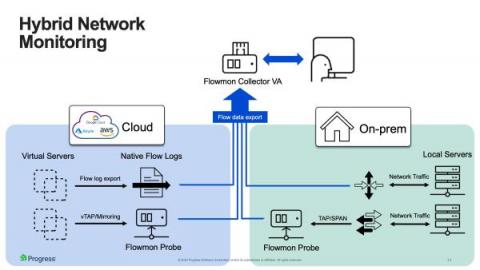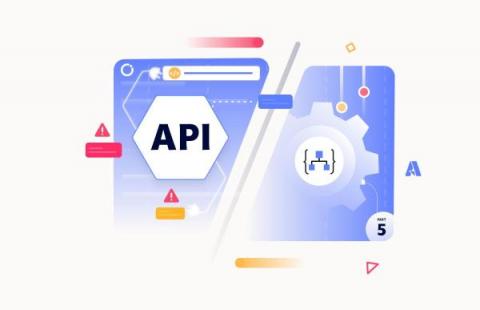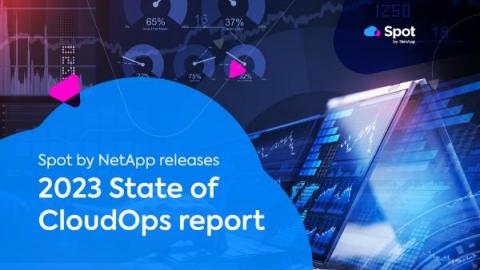Operations | Monitoring | ITSM | DevOps | Cloud
Latest News
What's new in Avantra 23.2
It’s my pleasure to announce that the newest version of Avantra, 23.2, is now available for download through our customer hub. In this release we’ve focussed on bringing performance enhancements and usability improvements as well as enhancing our platform extensibility experience and bringing new automation templates to remove some of the mundane tasks that we know SAP operations teams get stuck doing rather than spending time on the more important stuff.
The State of CloudOps in 2023: Challenges and trends in cloud operations
Multi-Cloud - Rise of Hybrid Networks and the Need to Monitor & Secure Them
This model has benefits, but at the same time, it introduces complexity for the IT teams tasked with monitoring and securing IT systems. Existing network monitoring technologies that system admins use with on-premise infrastructure are typically not expandable to include infrastructure and services running on public cloud platforms. This is a problem as you cannot manage and secure what you cannot see.
How To Allocate Cloud Costs After A Company Merger/Acquisition
Throw custom exceptions in Logic Apps: Using an API Management (Part V)
What Is Hybrid Cloud Automation? Examples, Use Cases + More Essential Info
Delivering UK-wide edge computing with platformEDGE
As the UK’s edge infrastructure provider, we’ve launched platformEDGE™ — a next-generation platform that will enable regional businesses across the UK to harness the opportunity of digital transformation. PlatformEDGE is a UK-wide integrated infrastructure that enables scalable, high-performance, low-latency edge application delivery.



